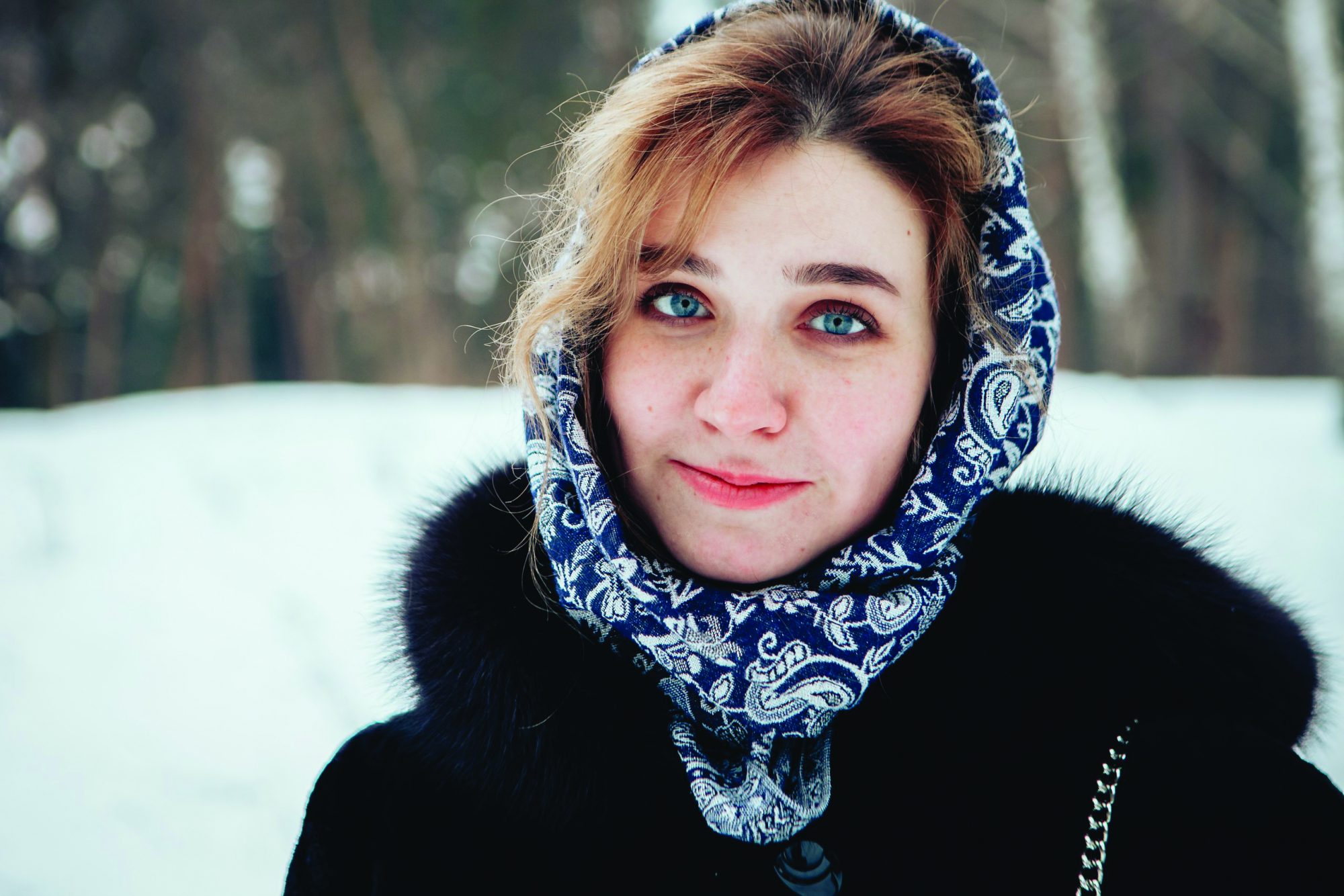We. Are. Bombing. Ukraine. That morning I woke up and realized it was true. It was unbelievable.
I knew the names of the places my country was bombing now from my childhood. Every Russian did. We had a war there. It was the Great Patriotic War when the Russians and the Ukrainians aside were fighting against the Nazis. The real Nazis, not the Nazis that were invented by somebody’s unhealthy mind.
I knew that the Nazis came to our motherland, and they wanted to kill us, because they thought both the Russians and the Ukrainians, as well as the people of Belarus and other former Soviet countries were not up to the high Nazi racial standards. And I knew that we defeated the Nazis by the enormous sacrifice of 30 millions of lives.
I knew that my great grandfather, who was a Jew from Dnipro in Ukraine, died from an injury he got in that war 30 years after suffering it. I remembered my best childhood friend — a short, green-eyed blonde girl from Kharkiv. She used to teach me Ukrainian, but because the language sounded so funny to my Russian ears, we both ended up laughing every time she tried. It sounded like murmuring Russian.
Fighting the people in Kharkiv? In Dnipro? In Kyiv, where my grandmother’s brother built his life as a college history teacher? It felt a little crazier every time I pronounced those words to myself.
I was sure all my friends would be as horrified as I was. I opened all my social-media accounts, and the first entry I saw was from my old friend. He worked in the administration in my native town. And he was explaining how we would benefit from this war.
“All of you are crazy,” I typed without thinking under his entry. “We are not winning this war.” To my friend’s honor, he then tried to defend me from an outraged crowd.
“Come on guys, the girl worked in our embassy; she deserves to be allowed to have her own opinion,” he answered to dozens of hate replies that I got for my remarks.
Several days later we learned that it was now a crime to call the war the war and to “disparage” Russian armed forces.
My friends started to delete their anti-war posts. I did not blame them. They had families; some of them even had employees who depended on them.
We all woke up to a completely different reality. I knew the Ukrainians were dying there right now, and I was in pain for them. But as much as I was concerned about the Ukrainians, I was concerned about Russia.
They bombed Ukraine; Ukraine lied in ruins out there, and yet it felt like each strike fell on Russia. I felt as if they were bombing my country. Everything I knew and everything I loved stopped to exist after the first bomb landed on Ukrainian soil.
I am a person of Russian culture; I acquired that culture as I was growing up. I know its undertones, its implications. I know that if you go to somebody’s house, you bring a cake or the candies, and if later the hosts give you food to bring home, you should refuse it for at least seven minutes before you agree to take it. However, nothing in my culture said to me that it was the right thing to kill people, to bomb cities, to lie, to loot, and to rape. I remember no such Russian literature book that allowed that.
Who could have denigrated my country and my culture better than my own government did? I was furious. How could they do it to Russia? It was as much my country as it was theirs. I had my say in it. And yet I was now not allowed to speak if I was not ready to spend the next 15 years in jail or at the very least indefinitely unemployed.
I spoke out anyway, although cautiously. The moment I saw the photos of the dead bodies in Bucha, I knew the price was too high. Am I expected to say that it is the right thing to do to kill civilians? Am I expected to say that it is even geopolitically correct? Seeing the world isolating Russia? Perfectly aware from day one that it will be the direct consequence of any aggression? What do my degrees in international relations and journalism cost then? And what’s next? Will I look away when I see the smoke coming out of the pipes of a crematorium then if I am silent now? I tried to avoid certain criminalized words, and yet I tried to make it clear I had a side I was on.
And the curious thing, although I was already called a national traitor several times on social media, although people said I was brainwashed — if not instructed by some powerful agencies here, in the U.S. — I was on the Russian side.
Not on the side of the government, the ministries, the remaining media that distorted the truth for the sake of patriotism as they called it. I was on the side of the country I knew, and I loved.
And I knew that the best thing I could do for Russia now was to say out loud: We. Are. Wrong. It is wrong to wage aggressive wars. It is wrong to kill innocent people, and to make millions leave their homes. And we will pay a high price for it.
But nevertheless, we will fight for, and we will build our beautiful new Russia of tomorrow maybe smaller than now, but the one that will coexist peacefully with other nations and will contribute for the world to prosper.
Although now it seems an impossibility. Yet tomorrow comes even after the darkest nights. And every night has its dream that eventually comes true.

